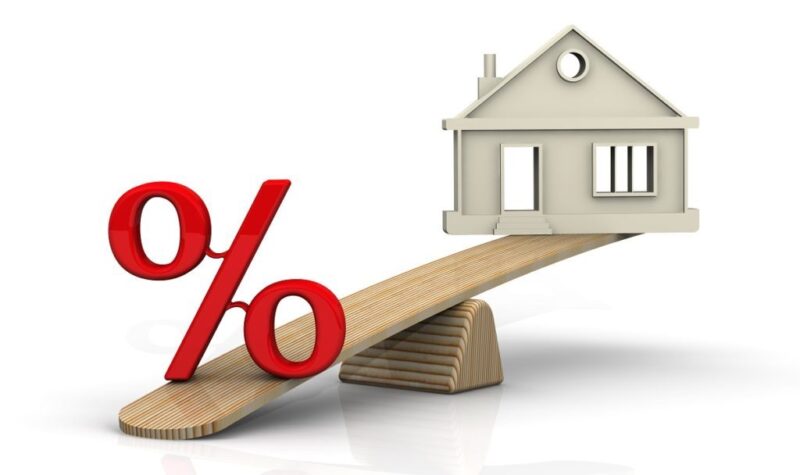There are numerous technical terms that one needs to be familiar with before they apply for home loan. One such term is the LTV (loan-to-value) ratio. Now, the LTV ratio plays an important role in your home loan eligibility. If you are not familiar with this term, read this article to learn more about it in detail.
-
What does an LTV ratio mean?
The loan percentage that is offered to the borrower against a fixed property value by the lender is known as the LTV ratio. This ratio is assessed by the lender to understand the risk of giving a home loan to a borrower. The LTV ratio also depends upon the financial stability of the borrower. Usually, lenders agree to cover about 80-90% of the total property cost, depending on the property value. The remaining amount will have to be covered by the borrower, which is known as a down payment.
-
Why is an LTV ratio important?
A high LTV ratio proves to be more of a risk for the lender. This ratio refers to the loan amount that has been approved against the size of the collateral being pledged. Thus, a higher LTV can limit the lender’s ability to cover the outstanding principal amount and accrued interest in case the borrower defaults on the loan. On the other hand, if the LTV ratio is lower, it proves to be less of a risk for the lender as it is easier to recover the amount that they have loaned.
-
How is LTV calculated?
To calculate the LTV ratio, the loan amount needs to be divided by the value of the asset, after which it needs to be multiplied by 100 in order to get the LTV percentage. This is how you would calculate an LTV percentage:
LTV percentage = (Borrowed loan amount ÷ Value of the asset) x 100
Therefore, for example, if the value of a property is Rs 70 lakh and the lender has set an LTV ratio of 80%, the maximum loan amount that you would get in this case is Rs 56 lakh.
-
What are the additional factors that affect the LTV ratio?
There are three key factors apart from the property price that affect the LTV ratio:
-
Outstanding debt
If you are already taking care of an ongoing debt, taking on a home loan will further reduce your repayment capacity. This can be a factor that influences lenders to offer a low LTV ratio.
-
Monthly income
If you have a high income, it is quite likely for lenders to offer a higher LTV ratio. This is because a strong income reflects better repayment capacity, which is why lenders can be more trusting with a higher loan amount.
-
Credit score
Ideally, lenders prefer borrowers with a credit score of 750 or more. A decent credit score not just boosts chances of getting a higher LTV, but also a better home loan interest rate.
Now that you are aware of what LTV means, keep this in mind while figuring out the loan amount that can be expected from a lender. Also, make sure to use a home loan calculator to find out whether the loan’s monthly instalments are affordable.





